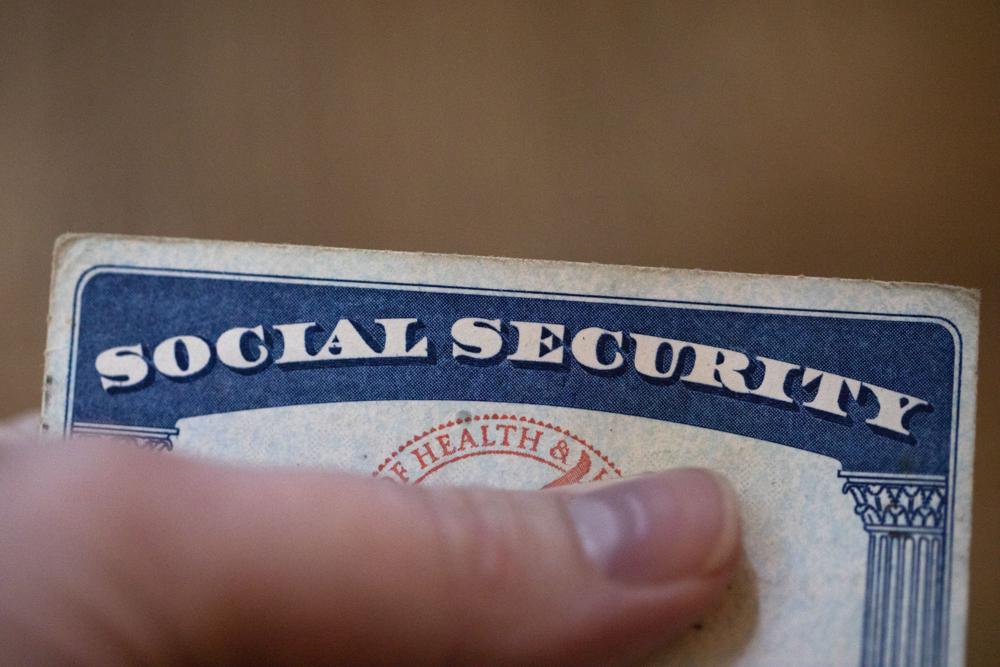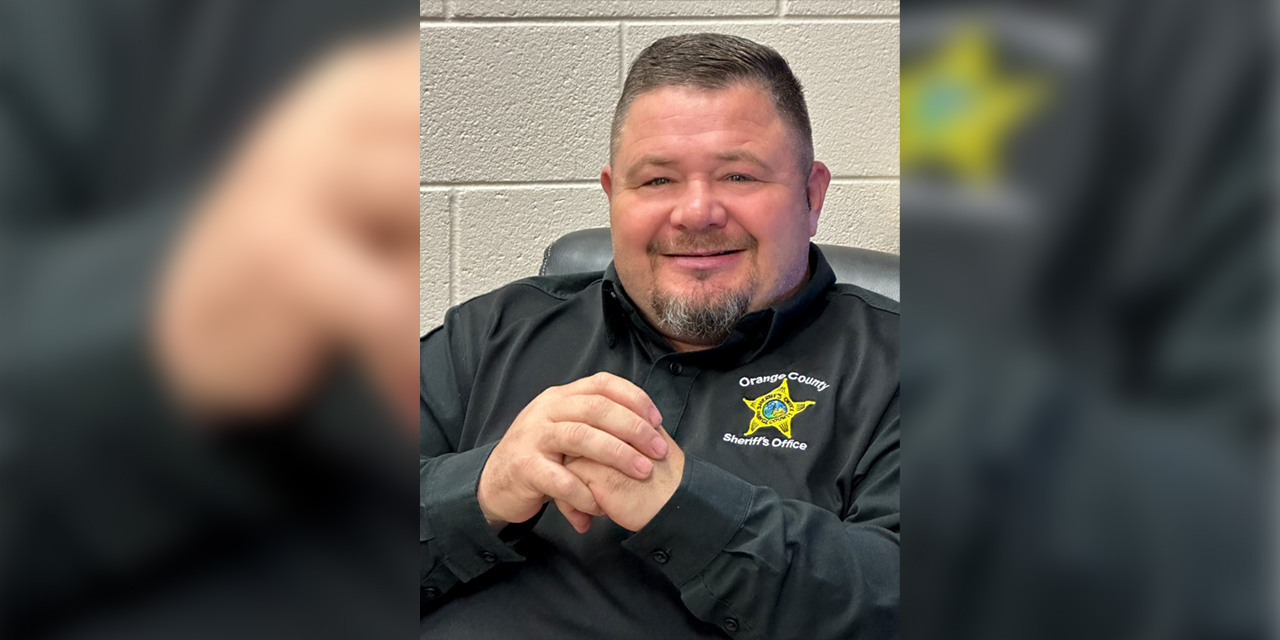The Financial Request Line With John Stillman
Every week on The Financial Symphony, John Stillman answers your retirement planning questions on the request line to help you make sure that all of the instruments in your financial orchestra are playing in tune. Submit your financial question below, and you could have it answered by the maestro himself!

For decades, I’ve had laddered CDs so that I have one maturing every single year. But with interest rates so low, I’m wondering if I have too much money in the bank. How much is too much? – Dave in Apex
Dave, generally if you’re asking, “How much is too much,” you’re already there. Nobody has ever come into the office with $4,500 in their checking account and asked “Do I have too much money in the bank?” Generally, once you’ve reached the stage of asking the question, you have some excess. So then we have to start thinking about just how much money you need in the bank. And that usually has two components.
First: the emergency fund. A good guideline for the emergency fund is three to six months expenses. So if you spend $5000/mo, that means your emergency fund should be somewhere between $15,000 and $30,000.
Second: What are your needs for cash coming up in the next year or so? I have some folks I’ve been working with here for the last few months. We just listed out every possible thing they could want to spend money on in the next couple of years. We listed out a couple of vacations they know they’ll be taking. The husband needs a new car. They might buy a house at the beach, and they want to either put down a substantial down payment or pay cash for it. Well, they had almost $400,000 in the bank. By the time we looked at the emergency fund and all of the money that they’d want to spend on these various projects, we determined they had about $85,000 in excess cash after paying for all that other stuff. So, they’re still going to have about $315,000 in the bank for now. It’s just that a lot of that $315,000 is earmarked for certain purchases. So, once we figure out what you need for major purchases and what you need for your emergency fund, then we can determine how much cash you currently have that should be considered excess. And that’s the money that’s probably lazy and shouldn’t be sitting in CDs but should be put to work in some form or fashion.
 I’ve always heard people talk about the importance of life insurance, but I never fully grasped the importance of it until my husband died unexpectedly last month at the age of 61, and I got a check for $250,000 almost immediately. It’s very comforting to know the money is there, but now I don’t know what to do with it. What do you suggest? – Katherine in Chapel Hill
I’ve always heard people talk about the importance of life insurance, but I never fully grasped the importance of it until my husband died unexpectedly last month at the age of 61, and I got a check for $250,000 almost immediately. It’s very comforting to know the money is there, but now I don’t know what to do with it. What do you suggest? – Katherine in Chapel Hill
Katherine, I’m sorry to hear about your loss, and quite frankly, I’m impressed that you’re asking this question only a month after your husband died. For a lot of widows, it’s months or maybe years before you get around asking this question. It’s one of those things where you don’t want to rush into it and make any hasty decisions. You don’t want to get sucked into a product sale and think that this mutual fund or that annuity is going to be the answer for you. What you really need is a comprehensive plan that looks at your situation and determines where should that money go.
Now, here’s an example of a few things we need to think about. Did you lose a substantial amount of income with the loss of your husband? He’s not yet Social Security age so we’re not losing a Social Security benefit. But did he have a pension of any kind that died with him? If he was still working, do we have lost wages that we need to replace? Was he planning to work another five years? How much income would he have earned during that time? How much is that going to hurt you? Was your retirement plan based on having two Social Security benefits and you’re now down to one? Would it be better for you to pay off the house and not have that debt hanging over your head?
Lots of issues to consider. We need to focus on what’s going to take the most stress off your plate right now, while also setting you up best for the long haul. And it would actually be pretty foolish of me to try to give you some sort of guidance right now because I don’t know anything about you, and that’s kind of the point of all of those questions I just asked. You need to take a deep dive into your situation, (which is admittedly hard to do just a month after losing your husband). It’s hard to do at this stage because you’re still wallowing around in the emotion and the grief, and that’s okay. So don’t feel that you need to rush to make any decisions, but at the same time, don’t just stick this in the back of your emotional closet and avoid it for years.
 I’m retired, and my husband needs to retire because he’s a roofer, and his body can’t take it anymore. But he just refuses to walk away; I don’t know if it’s some kind of notion that he has to provide for me or what. I’m sure we have enough money saved to be fine, but I can’t seem to convince him of that. Any suggestions? – Lisa in Carrboro
I’m retired, and my husband needs to retire because he’s a roofer, and his body can’t take it anymore. But he just refuses to walk away; I don’t know if it’s some kind of notion that he has to provide for me or what. I’m sure we have enough money saved to be fine, but I can’t seem to convince him of that. Any suggestions? – Lisa in Carrboro
Lisa, this isn’t uncommon. What you need is an income plan that visually shows you (and him) where the paychecks are going to come from. If he walks away from work right now, he has to see tangibly in black and white how the bills are going to get paid if he’s not earning a paycheck. Now, you say you’re sure that you’re fine, financially speaking. Okay, what’s that based on? How did you come to that conclusion? I’d like to know your math behind that. There’s a good chance that you’re right, that you actually are fine, but I understand that he can’t just accept that as being true without some kind of proof.
He’ll probably feel a lot better once he knows the answer to questions like this…
- Where’s that first paycheck going to come from the very first month that he doesn’t earn one?
- How are your retirement paychecks going to keep up with inflation?
- If we have some major medical expenses down the road, how will we pay for those?
- How long can we live without worrying about running out of money?
Once he knows the answers to those questions, it will be much easier for him to walk away from the paycheck with confidence. He probably won’t see the income plan and then go into work and give his two-week notice the next day. But once he has the plan, he can slowly warm up to the idea of retiring until he’s ready to actually pull the trigger.
Financial Request Line
 Hosted by John Stillman of Rosewood Wealth Management, Financial Symphony equips you with the tools and knowledge needed to successfully orchestrate your way to and through retirement. You can listen to the full show here, and tune in every weekend 97.9 The Hill. The shows airs Saturday at 11am, with a repeat airing on Sunday at 10am.
Hosted by John Stillman of Rosewood Wealth Management, Financial Symphony equips you with the tools and knowledge needed to successfully orchestrate your way to and through retirement. You can listen to the full show here, and tune in every weekend 97.9 The Hill. The shows airs Saturday at 11am, with a repeat airing on Sunday at 10am.











